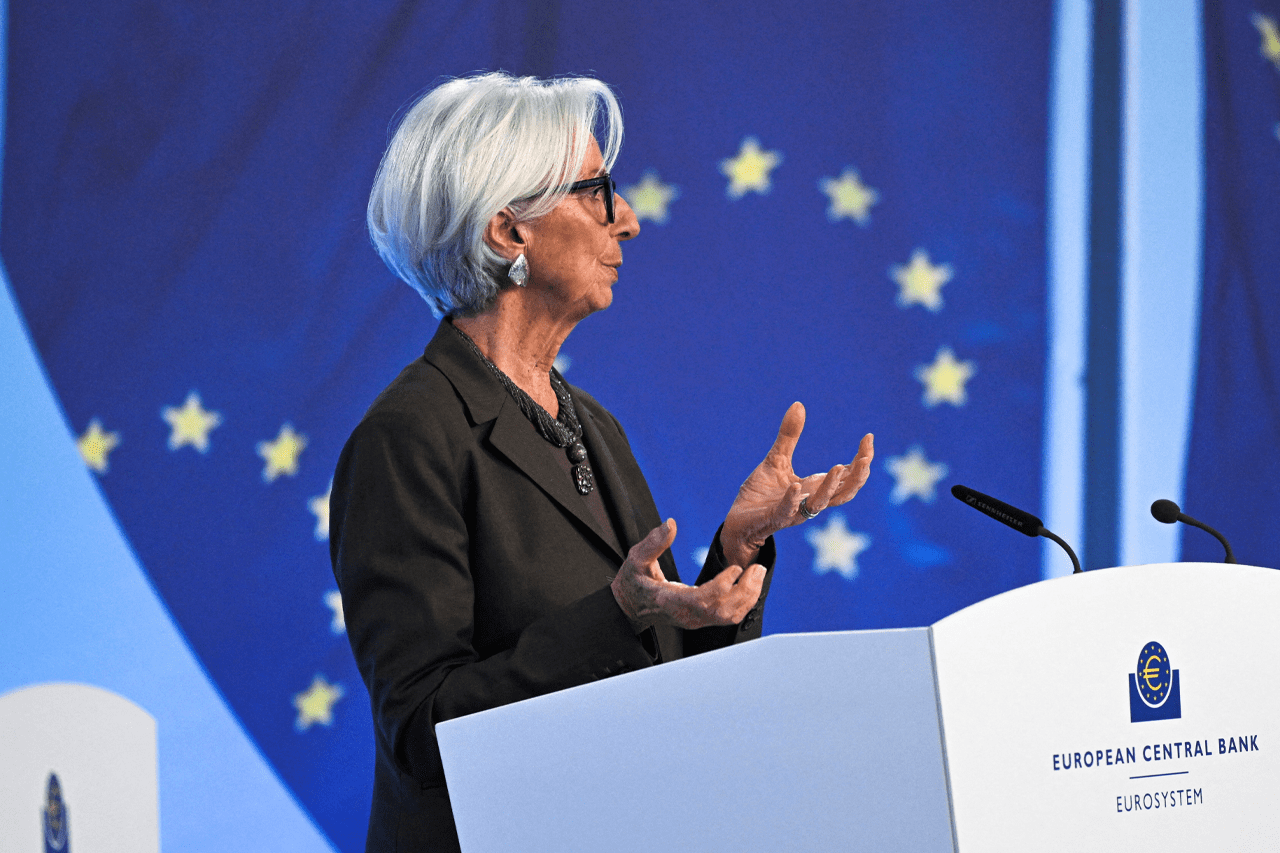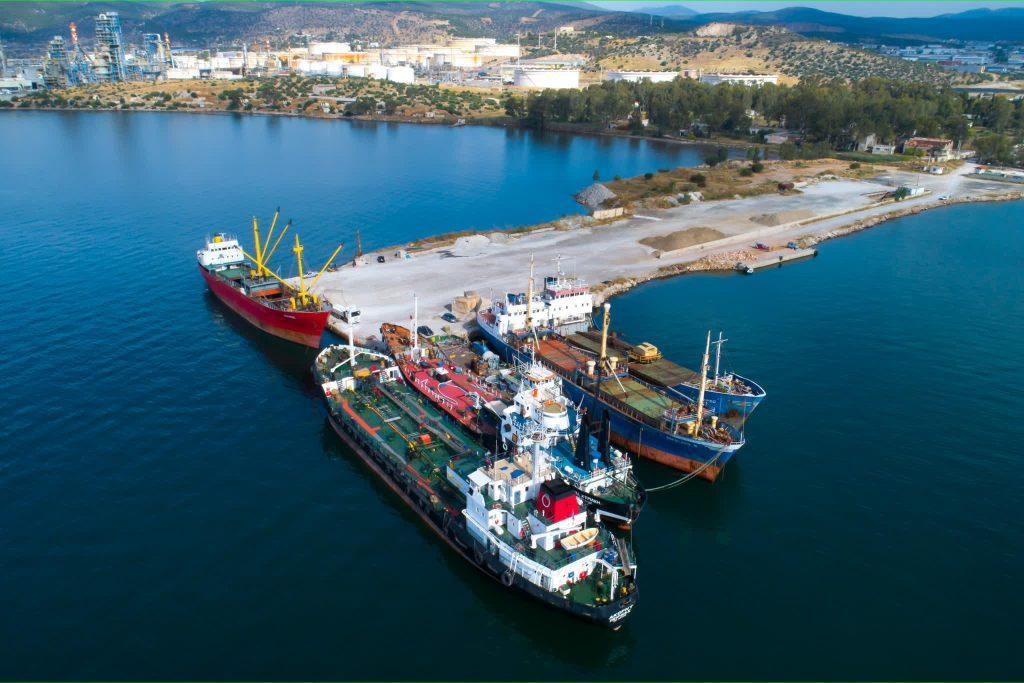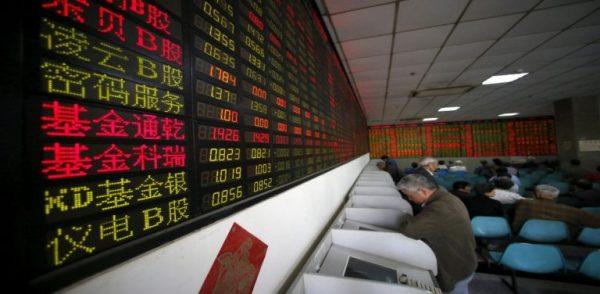Trade is undoubtedly an important indicator of the health and vitality of any economy.
In this context, the effective exercise of the European Union’s trade policy is crucial for the Greek economy, since none of the Member States can assert its national interests in international markets on its own.
The EU is currently the largest trading bloc in the world, larger than the US and China. The international trade agreements it negotiates, manages and concludes, shield national economies against unfair trade practices by ensuring friendly trade rules, removing administrative and tariff barriers, and protecting Geographical Indications.
Businesses across Europe, including many in Greece, are facing greater uncertainty, such as supply chain disruptions in the post-COVID era, and soaring energy prices due to the Russian invasion of Ukraine.
At a time of such geopolitical instability, EU trade agreements contribute to much-needed stability, offering opportunities for economic growth, investment and job creation.
One in seven Greek jobs depends on exports to countries outside of the European Union, which is impressive. In 2019 alone, Greek exports outside the EU were worth €41 billion, employing 620,000 Greek workers. To take one example: the EU’s Trade Agreement with Japan enables Greek producers to export iconic products such as olive oil, increase their sales and establish their global reputation.
In this context, we continue to look for new commercial opportunities. Only last week we concluded a significant agreement with New Zealand, which allows producers of Greek Protected Designations of Origin such as Feta, Kalamata olives and Masticha Chiou to export to New Zealand with 0% tariffs and full protection of Geographical Indications.
To take full advantage of the European Trade Agreements, our businesses, especially SMEs, need support and access to appropriate information.
That’s why in recent years the EU has put in place a number of new tools. Access2Markets is a web portal to help small and medium-sized firms trade beyond the EU’s borders. It provides detailed information – in all EU languages including Greek – on over 120 markets around the world. It has already served more than 5 million users since its launch three years ago.
When companies face trade barriers in non–EU export markets, they can lodge a complaint through the Single Entry Point. This means that the EU Commission will investigate the problem and initiate appropriate action if necessary. The SME Trade Defence Helpdesk supports small and medium-sized companies in the EU, helping them enforce their rights in the face of unfair trade practices such as dumping and subsidies by non-EU countries.
These tools and other supports for Greek businesses will be presented at the Market Access Day taking place in Athens on 5 December. This event organised by the Greek Ministry for Foreign Affairs, the European
Commission and the Athens Chamber of Commerce and Industry is open to all Greek businesses – both in person and online.
Accessing this important information and support system can help Greek businesses of all sizes to benefit from the EU’s ambitious trade agenda.
Exploring and exploiting new avenues of trade can strengthen our economic foundation, even in the face of uncertainty.
Valdis Dombrovskis is Executive Vice-President and EU Commissioner for Trade
Costas Fragogiannis, Deputy Minister of Foreign Affairs for Economic Diplomacy
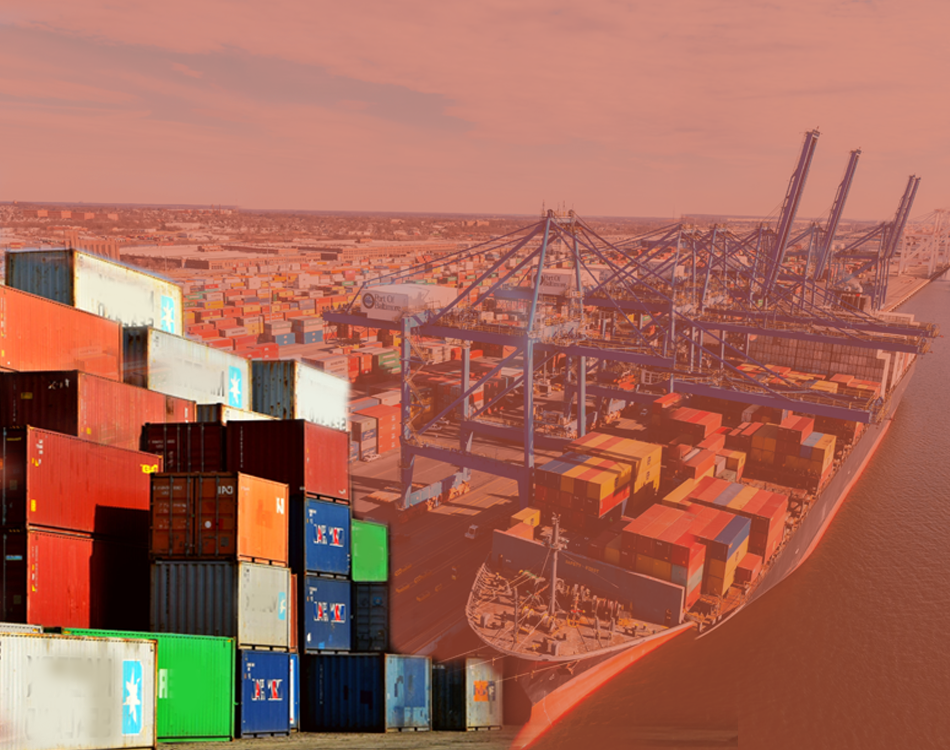






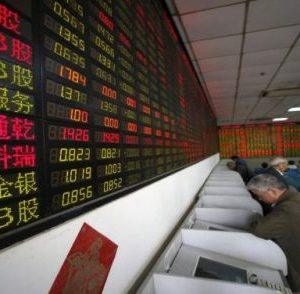








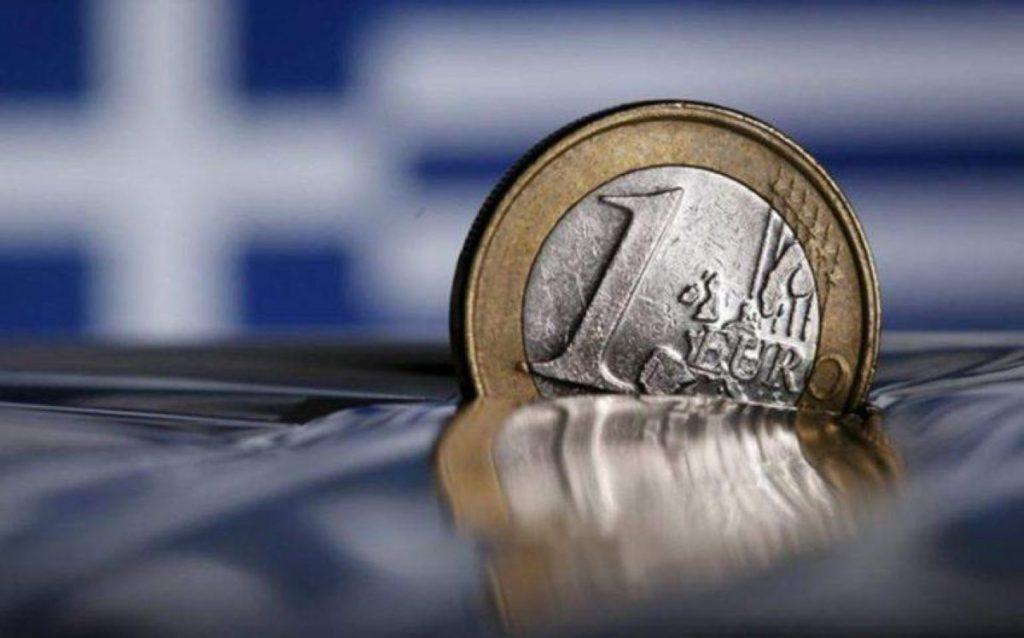
![Στεγαστική κρίση: Γονατίζει ένα στα τρία νοικοκυριά [πίνακας]](https://www.ot.gr/wp-content/uploads/2026/02/akinita26-4.jpg)
